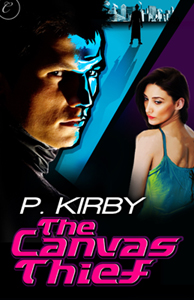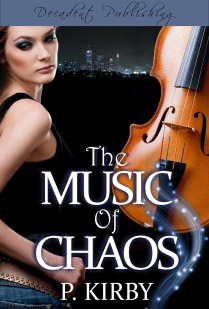After following the latest bouts of reviewer vs. author, it occured to me that the controversy is driven, in part, by the collision between one of the oldest professions and technology.
Storytelling vs. the Internet.
It reminds me of the fan fiction debates that flare up like the clap from time to time.
For those unfamiliar with the controversy(ies), here’s the run-down:
An author gets a bad review, usually from a blog or Goodreads. The author responds with an angry takedown of the review. More civil authors may accept the review by declaring it “not a review” and posting a definition of what constitutes a review. Others muster their friends, unleashing them on the reviewer like a pitchfork-and-torch-wielding mob. (This says a lot about the author and their friends. My friends, in response to that kind of request, would say, “You want me to what? I don’t think so.” Maybe I need fewer “friends” and more “minions.”) One publisher has even tried to contractually define a review.
The author’s response is akin to whacking a hornets’ nest. It never works out well, particularly when the author stands her ground, flailing at the swarm of pissed-off insects.
(Some authors argue that their issue is with poorly written reviews, but I’ve yet to see an author whinging over a 5-star review that reads: “This book rox!”)
The great fan fiction debate is another recurring Internet kerfuffle. Most recently, it arose when Diana Gabaldon wrote a blog post decrying the practice.
So why the fuss? Fan fiction has always existed, as this article at Cracked.com illustrates. Anytime someone writes a story, there’s a chance it’ll grab a reader’s imagination to such an extent that the reader will use the story’s characters to write “their own” stories.
The problem with fan fiction is a little somethin’ somethin’ called copyright. Regan O’Connell, Breas Montrose, Talis, and Benjamin Black are my characters. You can’t claim them as your own and try to profit from that claim.
But here’s where things get a little tricky. The majority of fan fic writers aren’t trying to profit from their writing and they acknowledge that the characters are not their own. Some argue that the fan fiction constitutes a kind of fair use. Most publishers and authors practice a kind of benevolent ignorance toward the fan fiction. Some, like J. K. Rowling and Stephenie Meyer acknowledge and even encourage the practice. Others– Anne Rice, Robin Hobb, George R. R. Martin–argue that fan fiction is copyright infringement.
Fan fiction existed before the Internet. Fans would share their stories with a few friends. More introverted writers (*me*) wouldn’t share at all. Authors could easily remain blissfully ignorant of the practice. But now, there are online communities devoted to fan fiction; entire sites devoted to one particular fandom (Star Trek, Harry Potter, etc.). Anyone with Internet access can see the author’s characters’ unauthorized and sometimes sexy exploits.
As with Gabaldon’s rant, the controversy flares up when an author “discovers” the practice. (Which is like saying Columbus “discovered” America.)
Similarly, reviews were once confined to “professionals,” folks who were paid by publications to express their opinions on books. “Amateur” reviews were limited to book clubs and chats with friends over coffee. Now any schmuck with a blog can post a review of your book. An online review can range from a detailed discussion of the finer points of fiction to “Book, meet wall! *bang*.”
In both cases, I get the sense that the author has suddenly realized that the Internet is a vasty and cruel place. Conversations and fan interactions that once took place in private are now very public. For some authors, in particular, those who aren’t familiar with the Internet’s various subcultures, there’s a sense that they’ve lost control over their product, that their brand is being negatively impacted.
It’s not that I don’t sympathize. If I had a mind control ray, I’d make everyone love my books and buy 50 copies for their friends. I’m a delicate little flower who withers under even the mildest criticism. (I really am. It’s pathetic.)
It’s just that after spending years in some of the darkest corners of the Internet–politics!–I know, to quote Mr. Universe from Serenity, “You can’t stop the signal.” Trying to control what is being said about your book is like trying to shove angry hornets back in their nest after you’ve given their home a mighty whack with a stick.
Except the Internet is immune to bug spray.




I personally figure if fanfic is ever started from my books…I will have arrived as a success… 😉
Maureen: Me, too!